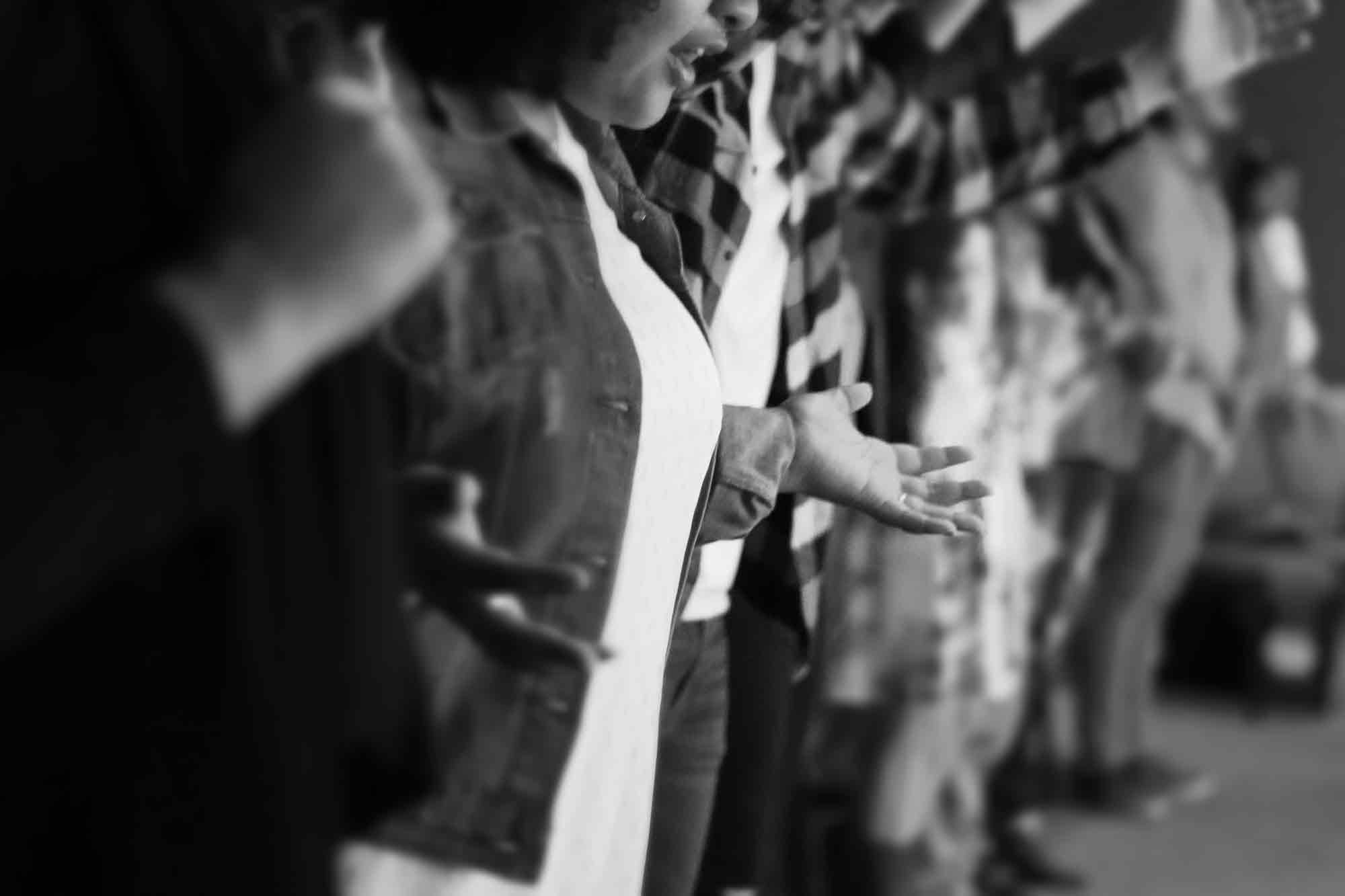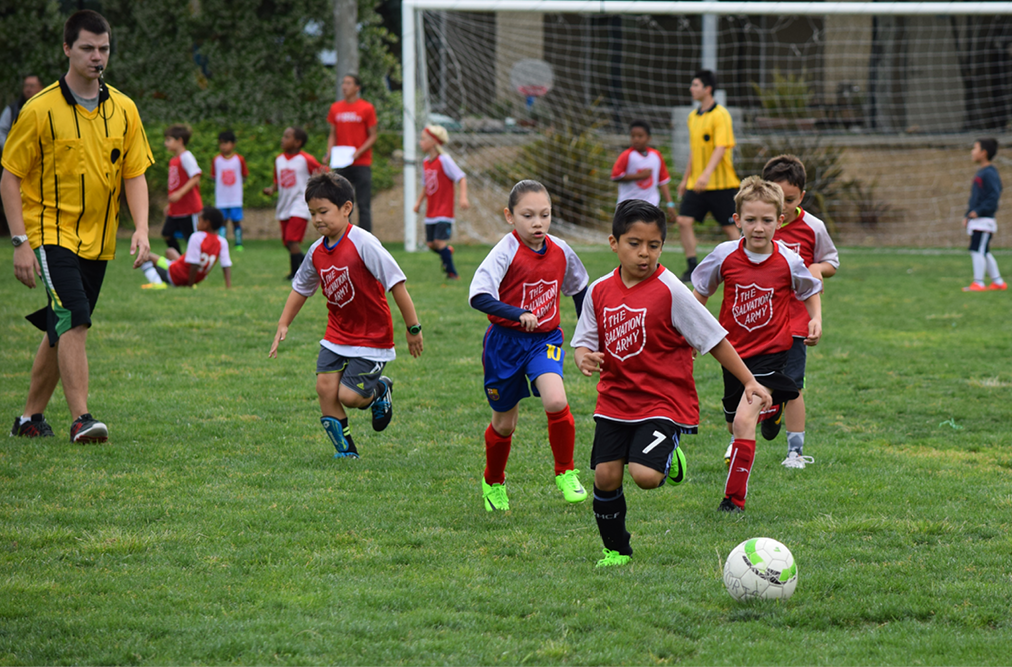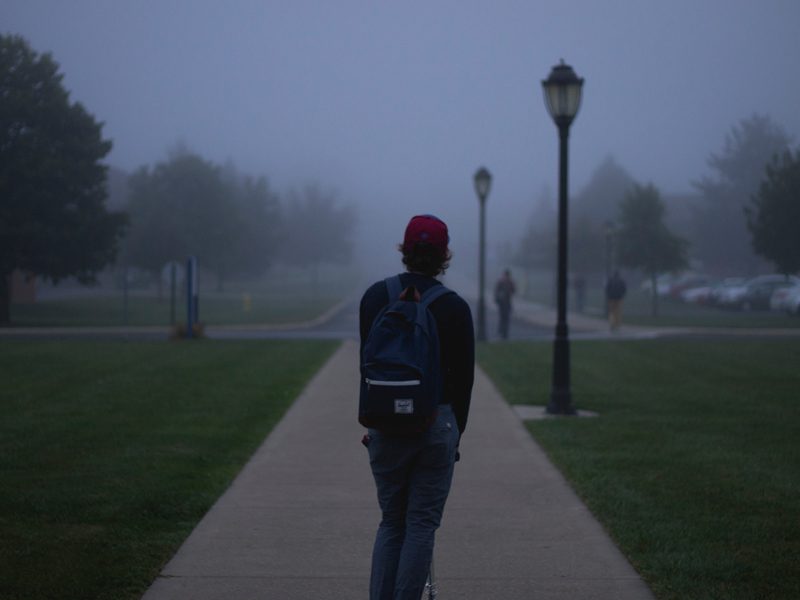Listen to this article
Listen to this article
Loading
Play
Pause
Options
0:00
-:--
1x
Playback Speed- 0.5
- 0.6
- 0.7
- 0.8
- 0.9
- 1
- 1.1
- 1.2
- 1.3
- 1.5
- 2
Audio Language
- English
- French
- German
- Italian
- Spanish
Open text
what am i being called to say and do? an excerpt from “your calling here and now”. vocation is always particular; this person, at this time, and in this place. vocation is never discerned in a historical vacuum; it is always in the specifics of the world in which we live. it is always about the here and now—and, as needs to be stressed, it is the here and now as it comes to us, as it presents itself, not as we wish it to be. we get beyond wishful thinking, and we name reality and discern calling in the light of and in the midst of this time and this place—this situation. therefore, we ask, at this time and in this place, who and what are we called to be and do? what does it mean to steward our lives in light of economic circumstances, marital status and family situation, age and personal health? what does it mean to be attentive to what we bring to the table in a way that takes full account of our social and cultural context, as well as the economic and political situation in which we are living, locally and globally? vocation and calling are about much more than our occupation or job or career. it certainly includes the work for which we are responsible—whether waged or volunteer or managing a home with the whole range of domestic activities so vital to what it means to call a place “home.” but it also includes the network of social and family connections that are an essential part of our lives. and so, within the midst of all we are and all we are responsible for and those we are responsible to, we ask the question, “what am i being called to say and do?”. this applies to us both individually and collectively. an organization or business or development agency or school is always needing to ask, “what are we called to be and do now, at this time and in this place?” a college or university will ask what it means to be invested in higher education in this season of the life of a country or city or community—in this time and in this place. a church—collectively—will ask what it means to be this faith community at this time and in this location—this neighborhood, this chapter in the history of this community and, in the intersection of this time and this place, to be this church. we do not have the luxury of imagining another set of circumstances: it is always at this time and in this place that we make sense of the identity and mission of the organizations of which we are a part. sometimes the circumstances we face are thrust upon us. those of us who serve in higher education in north america will for many years remember the weekend of march 13‑14, 2020. everything changed—and dramatically so—when we realized the coronavirus pandemic meant, quite simply, it would not be business as usual. we needed to make a call: in this time and in this place, what does it mean for us to do what needs to be done? no more, but most assuredly no less. for many of us, we were taken by surprise. perhaps we should have seen this coming, having watched the outbreak in china and northern italy. perhaps, indeed, we should have had a contingency plan in place. but as it happened, the decision had to be made very quickly to move to an alternate form of fulfilling our mission as a university. and in the process, many organizations, churches, and agencies were using the same word—it was heard again and again— “pivot.” we shifted, adapted, responded, and did all we could to sustain our work and mission in response to dramatically changing circumstances. more often than not, the recognition of vocation typically emerges more slowly, over time. as we come to a gradual realization of the particulars of our lives and of our situations, we begin to process what this means and how we are necessarily being called to read these situations as we come to clarity about what it is we are being called to do: in this time and in this place. no more and no less. the genius of getting this right is appreciating not only this intersection—of this person at this time and in this place—but very specifically accepting and embracing this situation and our role or calling within it. clarity of vocation means knowing what we do but also what we do not need to do. we accept that some things will not be our focus or our responsibility. but more, it is also about what we say—where and how we speak—as well as what we leave unsaid. to say what needs to be said and to say no more. no less, certainly, but no more. to know when it is best that a thought of impression or conviction is left unsaid. and, further, to know what needs to be done—at this time and in this place—and what can and must be left undone. we do not need to live with any compulsion to speak or act beyond what is called for in the particulars of this time and place. wise women and men do not over-speak, but rather say what needs to be said with courage and grace, doing what is essential and needful. we do not live frenetically trying to be and do as much as possible, but rather have a sense of time and place, what we need to be and do, together with a peace and settledness of heart regarding what is not needful. in part, this is true because there is growth beyond the felt need to be a hero, to be constantly fixing things, or to be affirmed for all we have done or accomplished or contributed. we are content to do no more than what it is we have been called to do. this includes that which is done in obscurity—where the work we do is simply cdone because it needs to be done, whether or not we are thanked or affirmed for it. whether as president of the united states or the homemaker who knows the laundry needs to be done today; in each vocation, we live in the grace of doing what needs to be done. no more and no less. taken from “your calling here and now” by gordon t. smith. copyright (c) 2022 by gordon t. smith. published by intervarsity press, downers grove, il. do good:. read “your calling here and now” (iv press, 2022) by gordon t. smith. how do we treat everyone with love and kindness, as if they were our neighbor? get the do good family roadmap and take a 4-week journey for families in how to be a good neighbor. follow the guide to see what the bible says about the art of neighboring and take tangible steps together on your printable roadmap to be a caring, helpful, welcoming and supportive neighbor right where you are. what does it mean to do good? where can we discover joy? what is it really like to be homeless? how can i raise a kind kid? subscribe to the do gooders podcast to find these episodes and much more—all to help you be inspired to do good right where you are.
Open context player
Close context player
Plays:-Audio plays count
what am i being called to say and do? an excerpt from “your calling here and now”. vocation is always particular; this person, at this time, and in this place. vocation is never discerned in a historical vacuum; it is always in the specifics of the world in which we live. it is always about the here and now—and, as needs to be stressed, it is the here and now as it comes to us, as it presents itself, not as we wish it to be. we get beyond wishful thinking, and we name reality and discern calling in the light of and in the midst of this time and this place—this situation. therefore, we ask, at this time and in this place, who and what are we called to be and do? what does it mean to steward our lives in light of economic circumstances, marital status and family situation, age and personal health? what does it mean to be attentive to what we bring to the table in a way that takes full account of our social and cultural context, as well as the economic and political situation in which we are living, locally and globally? vocation and calling are about much more than our occupation or job or career. it certainly includes the work for which we are responsible—whether waged or volunteer or managing a home with the whole range of domestic activities so vital to what it means to call a place “home.” but it also includes the network of social and family connections that are an essential part of our lives. and so, within the midst of all we are and all we are responsible for and those we are responsible to, we ask the question, “what am i being called to say and do?”. this applies to us both individually and collectively. an organization or business or development agency or school is always needing to ask, “what are we called to be and do now, at this time and in this place?” a college or university will ask what it means to be invested in higher education in this season of the life of a country or city or community—in this time and in this place. a church—collectively—will ask what it means to be this faith community at this time and in this location—this neighborhood, this chapter in the history of this community and, in the intersection of this time and this place, to be this church. we do not have the luxury of imagining another set of circumstances: it is always at this time and in this place that we make sense of the identity and mission of the organizations of which we are a part. sometimes the circumstances we face are thrust upon us. those of us who serve in higher education in north america will for many years remember the weekend of march 13‑14, 2020. everything changed—and dramatically so—when we realized the coronavirus pandemic meant, quite simply, it would not be business as usual. we needed to make a call: in this time and in this place, what does it mean for us to do what needs to be done? no more, but most assuredly no less. for many of us, we were taken by surprise. perhaps we should have seen this coming, having watched the outbreak in china and northern italy. perhaps, indeed, we should have had a contingency plan in place. but as it happened, the decision had to be made very quickly to move to an alternate form of fulfilling our mission as a university. and in the process, many organizations, churches, and agencies were using the same word—it was heard again and again— “pivot.” we shifted, adapted, responded, and did all we could to sustain our work and mission in response to dramatically changing circumstances. more often than not, the recognition of vocation typically emerges more slowly, over time. as we come to a gradual realization of the particulars of our lives and of our situations, we begin to process what this means and how we are necessarily being called to read these situations as we come to clarity about what it is we are being called to do: in this time and in this place. no more and no less. the genius of getting this right is appreciating not only this intersection—of this person at this time and in this place—but very specifically accepting and embracing this situation and our role or calling within it. clarity of vocation means knowing what we do but also what we do not need to do. we accept that some things will not be our focus or our responsibility. but more, it is also about what we say—where and how we speak—as well as what we leave unsaid. to say what needs to be said and to say no more. no less, certainly, but no more. to know when it is best that a thought of impression or conviction is left unsaid. and, further, to know what needs to be done—at this time and in this place—and what can and must be left undone. we do not need to live with any compulsion to speak or act beyond what is called for in the particulars of this time and place. wise women and men do not over-speak, but rather say what needs to be said with courage and grace, doing what is essential and needful. we do not live frenetically trying to be and do as much as possible, but rather have a sense of time and place, what we need to be and do, together with a peace and settledness of heart regarding what is not needful. in part, this is true because there is growth beyond the felt need to be a hero, to be constantly fixing things, or to be affirmed for all we have done or accomplished or contributed. we are content to do no more than what it is we have been called to do. this includes that which is done in obscurity—where the work we do is simply cdone because it needs to be done, whether or not we are thanked or affirmed for it. whether as president of the united states or the homemaker who knows the laundry needs to be done today; in each vocation, we live in the grace of doing what needs to be done. no more and no less. taken from “your calling here and now” by gordon t. smith. copyright (c) 2022 by gordon t. smith. published by intervarsity press, downers grove, il. do good:. read “your calling here and now” (iv press, 2022) by gordon t. smith. how do we treat everyone with love and kindness, as if they were our neighbor? get the do good family roadmap and take a 4-week journey for families in how to be a good neighbor. follow the guide to see what the bible says about the art of neighboring and take tangible steps together on your printable roadmap to be a caring, helpful, welcoming and supportive neighbor right where you are. what does it mean to do good? where can we discover joy? what is it really like to be homeless? how can i raise a kind kid? subscribe to the do gooders podcast to find these episodes and much more—all to help you be inspired to do good right where you are.
Listen to this article

















